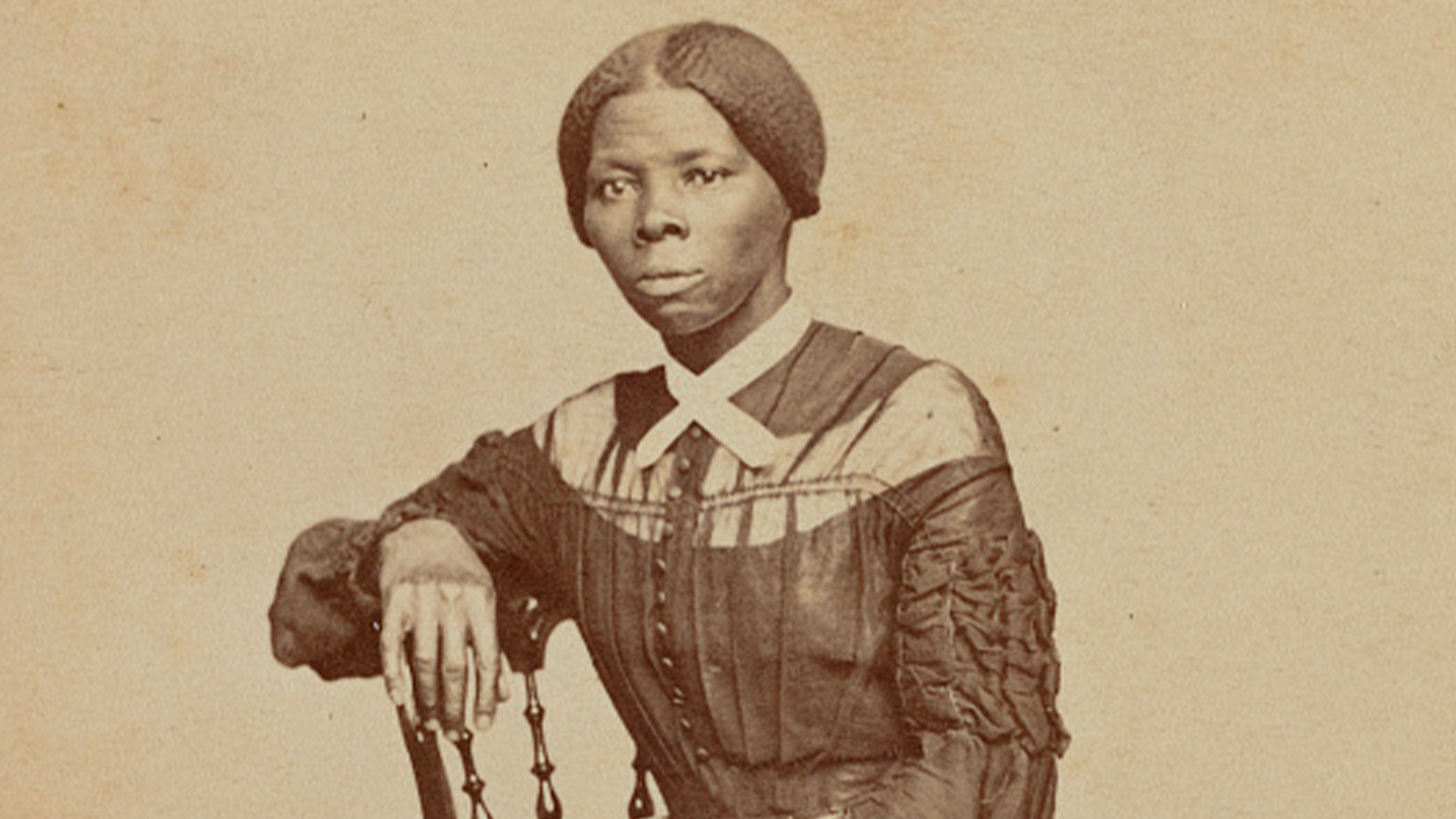Why Harriet Tubman?
The Department of Women’s Studies at UMD is now The Harriet Tubman Department of Women, Gender, and Sexuality Studies.
Our New Name
After a two-year long deliberative process and pursuant to the University of Maryland’s Board of Regents’ approval on June 19, 2020, the faculty, staff and students of this department are honored and excited to announce our new name: the Harriet Tubman Department of Women, Gender, and Sexuality Studies. Now in our 44th year as a program and our 26th as a department, our change from “Women’s Studies” to “Women, Gender, and Sexuality Studies” is but one part of our unfaltering engagement with our field’s intellectual and political mission in the academy and the world. Our new name reflects shifts in the field, our faculty’s areas of expertise, and our programmatic and curricula changes on becoming the new home for the Lesbian, Gay, Bisexual, and Transgender Studies Program in 2013. Our new name also signals our newly revised B.A. in Women, Gender, and Sexuality Studies as well as our revised certificates in LGBTQ Studies and Women, Gender, and Sexuality Studies and our minors in Black Women’s Studies (jointly offered with the Department of African American Studies since 2005) and LGBTQ Studies.
As we deliberated on how best to reflect our scholarly and institutional identity, we considered our teaching and scholarship, which has historically centered issues of race and racialization, the significant field contributions by our faculty in the areas of race, sexuality, and transnational scholarship, and our commitments to working with and mentoring students of color at the undergraduate and graduate level. As a department, we took the shifting and evolving terrain of our field as an opportunity to consider how we might honor and invoke these ongoing commitments.
We drew inspiration from Harriet Tubman’s tireless efforts for liberation and justice. Born enslaved on a plantation in Dorchester County, Maryland, Tubman later emancipated herself and repeatedly demonstrated a lived commitment to the freedom of others. In countless acts of personal risk, she returned multiple times to lead other enslaved people out of bondage, in creative military leadership during the US Civil War, including as commander of Union soldiers in the Combahee River Raid which liberated 700 men, women, and children, and as a persistent voice in the suffrage struggle. This year, there have been many centennial commemorations of the 19th Amendment, marking increased (but unequally applied) access to the vote for women. The department celebrates Black women's long arc of struggle toward an inclusive citizenship by honoring Tubman's commitment to women's rights and universal suffrage.
Honoring Tubman in our new name is our way of committing to the value of intellectual courage in centering the vantage point of the marginalized. It signals our ongoing practices of challenging racism and gender-based discrimination in our teaching, research, and service. And it marks our understanding that our role as educators is not only to award degrees and credentials but to facilitate individual and collective transformation.
Taking the name of such a bold and persistent champion of human rights brings with it a responsibility to be in the forefront of building University of Maryland, College Park as an anti-racist, social justice-oriented institution, and investing in the social and political well-being of the communities in which the department resides—the on-campus community, the largely non-white community of Prince George’s County, and the people of the state of Maryland.
We thank all our colleagues, students, administrators and community well-wishers who helped us navigate our way to this moment. Among these are the relatives of Harriet Tubman, who joined us for an evening of gratitude and commitment in April, 2019; our affiliate faculty, some of whom joined our department in October 2018 as we toured the Eastern Shore to reflect on Harriet Tubman’s life. This process required many stages of university approval. We are especially appreciative of Dean Bonnie Thornton Dill, College of Arts and Humanities (ARHU), Associate Provost Betsy Beise and Senate leadership; their administrative savvy helped us to avoid many possible pitfalls along the way.
We want our new name to function as more than nomenclature and branding. We will work to live up to Tubman’s legacy. As we bring this vision to our curriculum, programming, and recruitment over the coming years, we call for support from across the university in realizing our vision.
We're excited to share this video about what Harriet Tubman means to us.


